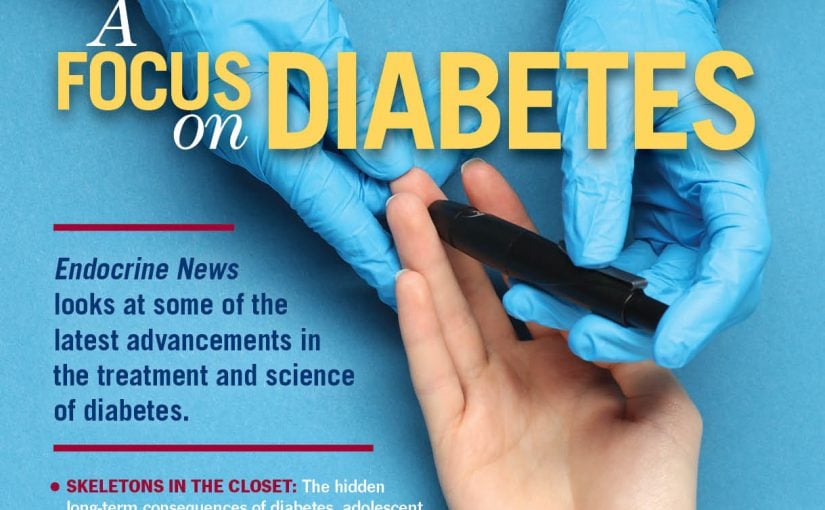Maternal exposure to a high fat diet (HFD) alters milk lipids in lactating women, enhancing adiposity and myeloid inflammation in offspring, even in early life, according to an animal study recently published in Endocrinology.
Researchers led by Kanakadurga Singer, MD, and Brigid Gregg, MD, both of the University of Michigan in Ann Arbor, point out that as of 2018, 43.4% of American adults over 20 years of age have obesity. And as the obesity epidemic grows, so too does our knowledge and awareness of the complex disease. “While an imbalance of nutrition intake and energy expenditure is a primary cause of obesity, we are now aware that the perinatal and early postnatal environments can play a significant role in modifying disease risk,” the authors write.
The researchers write that infants are susceptible to programming effects through signals conveyed during lactation – the lactational programming hypothesis. “In both humans and mice, the lactation period is a time when adipocytes and the immune system continue to develop,” the authors write. “These systems then play a role in governing global metabolism. Suboptimal development of immune and adipose cells can put individuals at higher risk for obesity and its comorbidities, as well as impaired immune function.”
Previous studies shown connections between maternal diet and how it affects adiposity in offspring. Indeed, the authors’ prior studies demonstrated that the adult meta-inflammation exaggerated by HFD during the postnatal lactation window (PN) was predominantly a phenotype of male offspring. “However, it is not clear if these programmed effects manifest early at the time of weaning,” the authors write.
For this study, the researchers hypothesized that altering the milk fat profile via changes in the maternal diet favoring omega-6 fatty acids would promote a pro-inflammatory milieu in offspring. “Previous lactational exposure studies have not performed detailed immune phenotyping in the offspring,” the authors write. “Our findings show that even early in life offspring of HFD dams had more adiposity and increased [bone marrow (BM)] myeloid inflammation with serum from these mice directly stimulating myelopoiesis.”
Mice were fed a high fat diet during the postnatal lactation window (HFD PN mice). Their offspring were evaluated at postnatal day 16 to 19 for tissue weight and gene expression. Profiling of adipose tissue and bone marrow immune cells was conducted through lipidomics, in vitro myeloid colony forming unit assays, and flow cytometry.
“HFD PN mouse infants showed not only heavier body and organ weights, but also presented with larger adipocyte sizes than control infants,” the authors write. “Lipidomic analysis revealed increased n6:n3 ratios and increased linoleic acid in milk from HFD dams as well as serum from suckling HFD PN mice. HFD PN mice also showed altered BM and adipose tissue immune cell profiles. Together, these results demonstrate a significant change in infant health profiles upon exposure to a maternal HFD, which can have detrimental effects toward their future health.”

